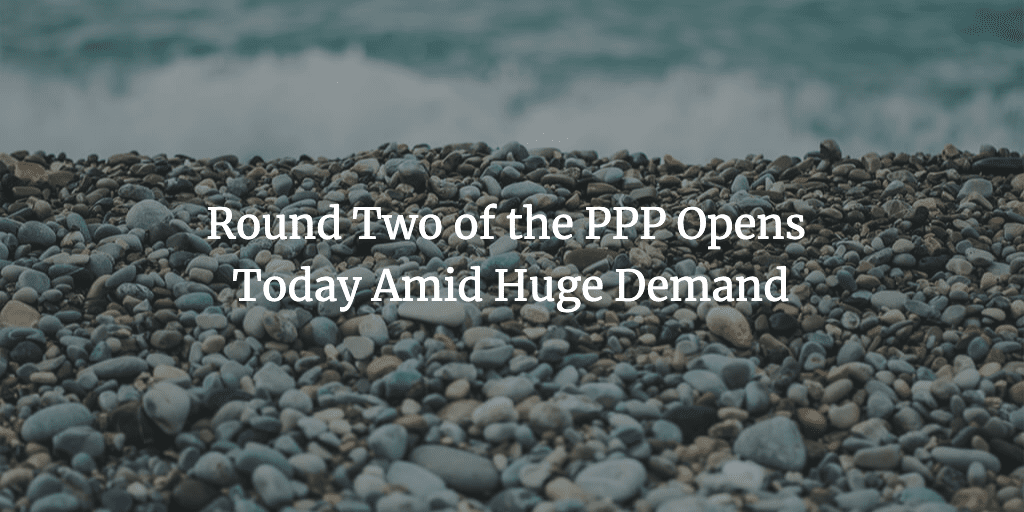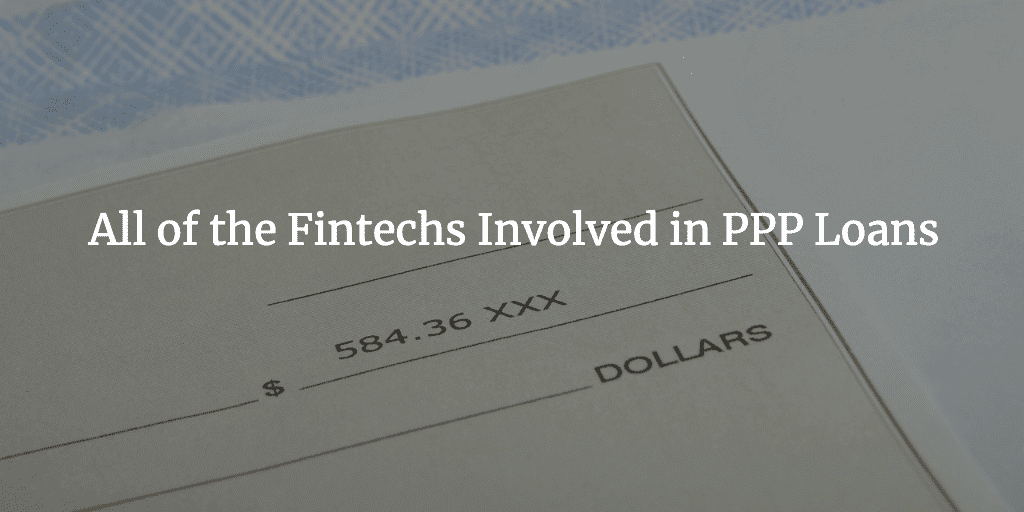Writing in Forbes, the CEO of Lendio, Brock Blake, argues that small business loans obtained through the Paycheck Protection Program...
Round two of the Paycheck Protection Program (PPP) opens this morning at 10:30am ET. If you thought round one was...
Writing in Forbes, Brock Blake, the CEO of Lendio shares the good, bad and ugly of the Paycheck Protection Program;...
It has been an interesting to say the least as we have watched everything play out with the Paycheck Protection...
Now more than ever it is important to bring the fintech community together. Many readers are already aware that we...
Upstart’s AI Lending Platform Expands to Auto Loans On Deposit Solutions’ launch in the U.S. with CEO Philipp von Girsewald...
Lendio has had a lot of success in helping small businesses; they have processed over 70,000 Paycheck Protection Program applications...
Small business loan marketplace Lendio has been at the forefront of the Paycheck Protection Program from day one; they were...
Small business lending marketplace Lendio is looking to hire 200 full time small business loan agents to help meet demand;...
Lendio, the largest small business loan marketplace, has raised $55mn of debt and equity; the round included $31mn in equity...




